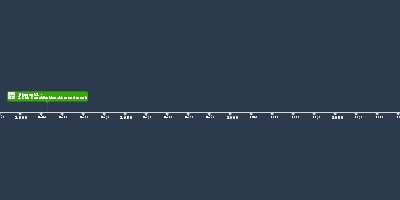5 Feb 1917 Jahr - Element 7 - The Barred Zone Act
Beschreibung:
OMAHA PLATFORMElement: #7, Immigration restriction
Location: Expression of Sentiments, #4
Goal/Importance: Denounce ineffective laws against contract labor, demand further restriction of undesirable emigration, and condemn protecting American labor that crowds out local wage-earners and opens ports to paupers (poor person or someone with limited or no financial resources) and the criminal classes of the world
EVENT
People/Party: U.S. Government
Location: Washington, D.C.
Impact: Solidification of further restrictions on immigrants
DETAILS
Many Americans of the time saw a large influx of unskilled and uneducated immigrants as causing unfair competition for jobs and land. Because of this and uncertainty over national security stemming from World War I, congress was able to pass the 1917 Immigration Act (Barred Zone Act), incorporating a literacy test that required immigrants over 16 to demonstrate basic reading comprehension in any language, increased tax paid by new immigrants, allowed officers to exercise more discretion in deciding who could be excluded, and barred entry from a geographically defined "Asiatic Barred Zone" except for Japanese and Filipinos. New restrictions were sought as the literacy test did not slow immigration. Senator William Dillingham proposed immigration quotas at 3% of total population of foreign-born per nationality. This was vetoed by President Woodrow Wilson, but President Warren Harding passed it into law. The 1924 Immigration Act was signed into law by President Calvin Coolidge and changed the quota to 2%, changed quote calculation date from 1910 to 1890, and based the quote on origins of whole U.S. population. The most basic purpose of the 1924 Immigration Act (Johnson-Reed Act) was to preserve the ideal of U.S. homogeneity.
Zugefügt zum Band der Zeit:
Datum:
5 Feb 1917 Jahr
Jetzt
~ 108 years ago
